Services
A Place to Regain Your Focus and Happiness
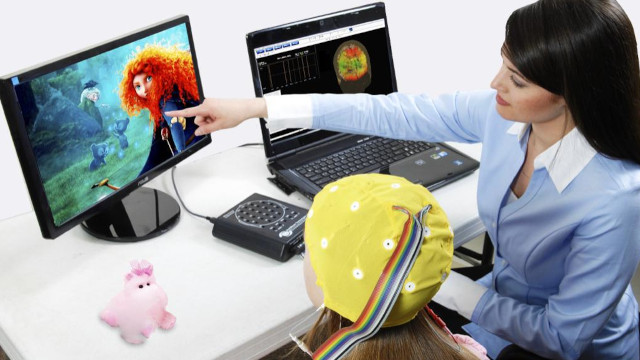
Neurofeedback Training
Neurofeedback therapy is a promising new treatment for a variety of conditions. It is non-invasive, and patients can continue to take medication while undergoing the therapy. More research is needed to determine the long-term effects of neurofeedback therapy, but it holds promise as a treatment for conditions such as ADHD, anxiety, and depression.
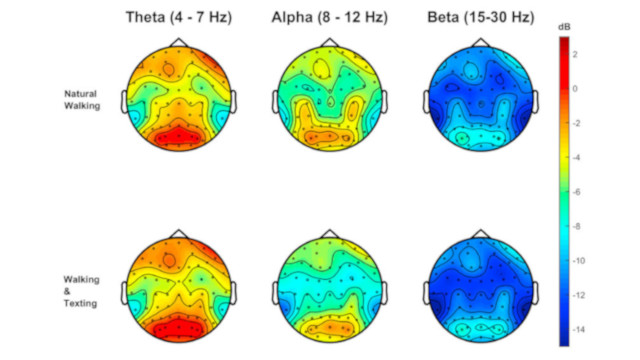
Brain Mapping (QEEG)
qEEG Brain Mapping is an important tool used to measure and understand the electrical activity of the brain. The test can help identify problems with brain function and provide information that can be used to create a treatment plan. Anyone who is experiencing problems with their brain function should consider undergoing a brain mapping test.

Speech Stuttering Therapy
Stuttering is a disorder that requires patience and understanding from both the person who stutters and those around them. With treatment and practice, most people who stutter can learn to speak fluently. It is important to seek help if you or someone you know is affected by stuttering.

Speech and Language Delay
A Speech and Language Delay can be a very frustrating experience for both the child and the parents. However, with the help of a speech therapist, most children can overcome these delays and go on to lead normal, productive lives. Early intervention is key to helping your child overcome any difficulties they may be having with communication.
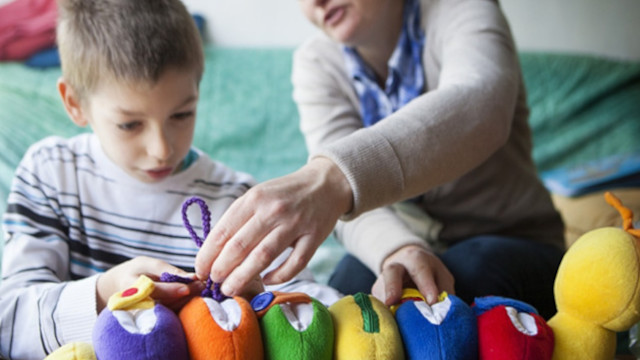
Autistic Spectrum Disorder
ASD is a neurological disorder that affects how people interact with others, communicate, learn, and behave. It is a spectrum disorder, which means that there is a wide range of symptoms and severity levels. While there is no cure for ASD, there are treatments and therapies that can help people with ASD live productive and fulfilling lives.

Concussion (Sports Injury)
Concussions are a type of traumatic brain injury that can occur in any sport and affect athletes of any level. Recognizing concussions and providing proper treatment is especially important for younger athletes because it typically takes them longer than adults to fully recover. A child that shows signs of mental confusion may have suffered a concussion.
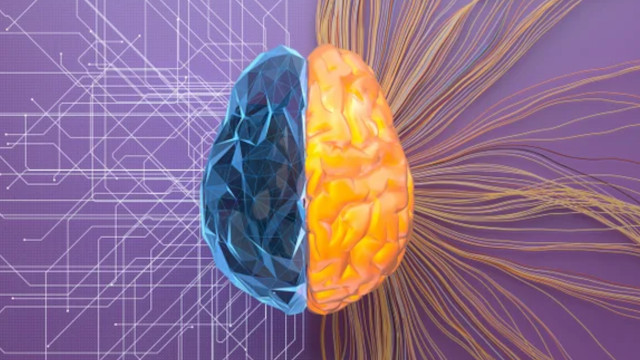
Peak Performance
Mental and mindfulness training has been shown to improve sporting performance and executive functions. It is effective in enhancing physical abilities and cognitive function. Mental exercise can help individuals boost their focus, flexibility of thought, problem-solving skills, memory retention capabilities, and more.
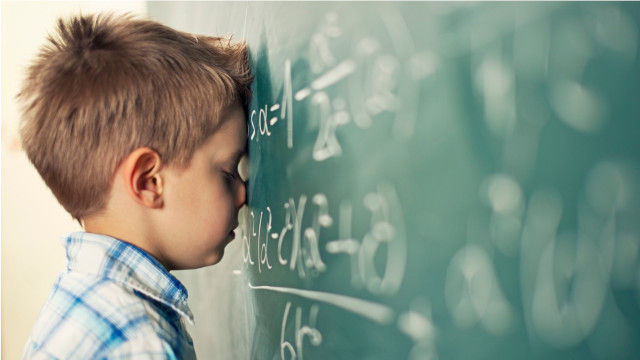
Learning Disabilities
A learning disability is a neurological condition that interferes with an individual’s ability to store, process, or produce information. It can affect one’s ability to read, write, speak, spell, compute math, and reason and affect an individual’s attention, memory, coordination, social skills and emotional maturity.
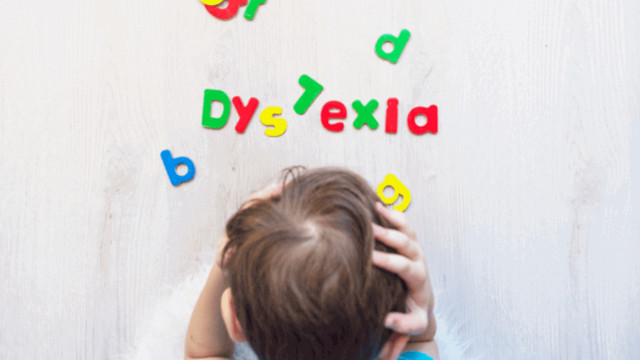
Dyslexia (Reading Difficulty)
Dyslexia is a learning disorder that involves difficulty reading due to problems identifying speech sounds and learning how they relate to letters and words (decoding). Also called reading disability, dyslexia affects areas of the brain that process language. Dyslexia is a learning difference that creates challenges to reading and writing.

Insomnia (Sleep Disorder)
Inability to fall or stay asleep is a sleep disorder called insomnia, which can range in duration from one night to several weeks and even longer. In cases where the condition is acute, it lasts from one night to a few weeks; chronic insomnia comes from repeated bouts of insomnia extending over 3 months or more.

Anxiety
Some anxiety is typical, but others are much more serious. Anxiety disorders are a group of mental disorders that can generate unrelenting nervousness and panic. It can impact your day-to-day life due to its main symptoms that allow you to avoid work, school, family events, and other social situations that may trigger or worsen your symptoms.
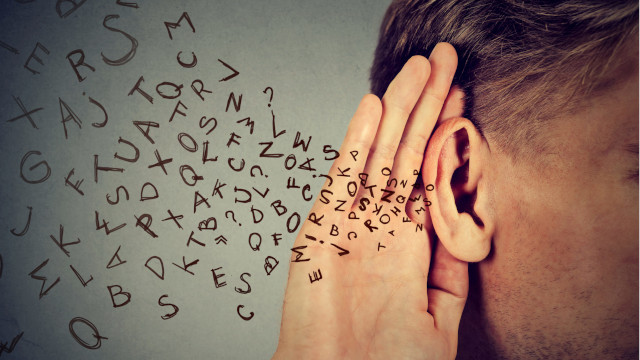
Auditory Rehabilitation
Aural rehabilitation often referred to as aural rehab or A.R., is the process of helping someone effectively adjust to and manage his or her hearing loss. Methods of rehabilitation are focused on helping overcome the challenges caused by hearing loss, therefore improving the quality of day-to-day life. Adult rehabilitation strategies differ significantly from those used for children.
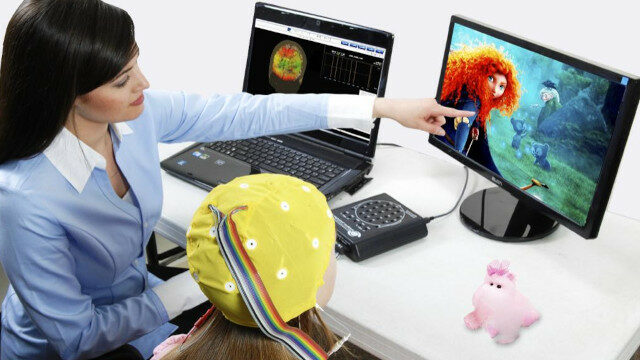
Not Sure What You Need?
Simply give us a call and book an appointment for yourself. We are here to help.
Walk into our clinic and let us take a closer look to suggest the best treatment you need.
